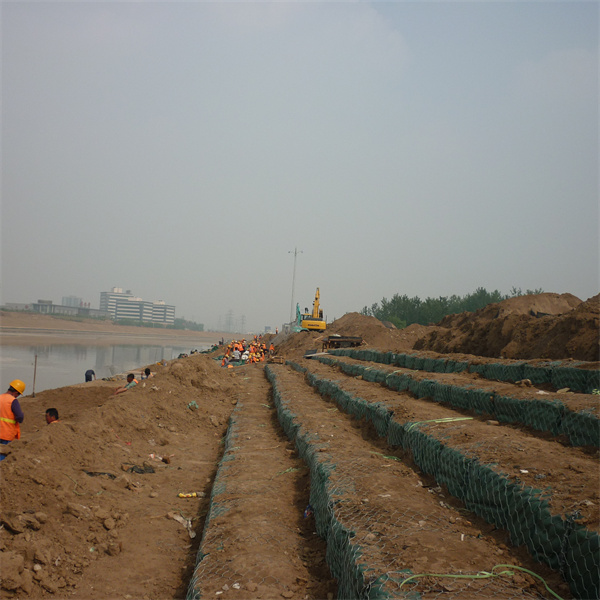okt . 18, 2024 20:07 Back to list
Gabion Wall Design and Production Services for Your Construction Needs
Gabion Wall Structure Manufacturer A Comprehensive Overview
Gabion walls are an innovative and increasingly popular solution for various engineering and landscaping applications. These structures, composed of stacked stone-filled wire mesh cages, have gained significant traction due to their durability, aesthetic appeal, and environmental benefits. As a manufacturer of gabion wall structures, understanding the intricacies of design, production, and installation is crucial to providing high-quality products that meet market demands.
The Importance of Gabion Walls
Gabion walls serve multiple purposes, including erosion control, landscaping, and even retaining walls for civil engineering projects. Their porous nature allows for adequate drainage, reducing hydrostatic pressure behind the wall, which often leads to failure in traditional solid walls. Additionally, the use of natural stones minimizes the environmental impact, making gabions an eco-friendly choice.
Design Considerations
A successful gabion wall begins with thoughtful design. Manufacturers must consider factors such as wall height, load-bearing capacity, and the type of materials used. Typically, gabion walls are designed to withstand both static and dynamic loads, and the type of stone filled in the mesh can affect the overall stability of the structure. A well-designed gabion wall not only serves its functional purpose but also enhances the surrounding landscape, providing a natural aesthetic that can blend beautifully with outdoor settings.
Production Process
gabion wall structure manufacturer

The production of gabion wall structures involves several steps. First, high-quality wire mesh is sourced, often galvanized or coated to prevent corrosion and ensure longevity in various environmental conditions. Next, the mesh is cut and shaped into boxes or cages, which are then filled with stone. The selection of stone is critical; it must be durable, well-graded, and capable of fitting snugly within the mesh while allowing for water drainage.
Quality control during production is essential to ensure that each gabion meets the required specifications. This includes checking the strength of the wire mesh, verifying that the cages are properly assembled, and ensuring that the stone is of an appropriate size and type.
Installation and Maintenance
Once manufactured, gabion walls must be expertly installed. Proper installation is key to maximizing the structural integrity and aesthetic appeal of the wall. This requires skilled professionals who understand the fundamental engineering principles and can adapt to site-specific conditions.
Maintenance of gabion walls is relatively low compared to other structures. As they are naturally porous, they allow for drainage, reducing the likelihood of water damage. Periodic inspections can help identify any potential issues early, ensuring the longevity of the wall.
Conclusion
As a gabion wall structure manufacturer, the focus on quality design, material selection, and expert construction is crucial. With continued growth in the demand for sustainable and aesthetically pleasing solutions in construction and landscaping, gabion walls stand out as a versatile and environmentally friendly option. By prioritizing these aspects, manufacturers can deliver superior products that not only meet but exceed customer expectations.
-
Visualizing Gabion 3D Integration in Urban Landscapes with Rendering
NewsJul.23,2025
-
The Design and Sustainability of Gabion Wire Mesh Panels
NewsJul.23,2025
-
The Acoustic Performance of Gabion Sound Barriers in Urban Environments
NewsJul.23,2025
-
Mastering the Installation of Galvanized Gabion Structures
NewsJul.23,2025
-
Gabion Boxes: Pioneering Sustainable Infrastructure Across the Globe
NewsJul.23,2025
-
Custom PVC Coated Gabion Boxes for Aesthetic Excellence
NewsJul.23,2025
-
Installation Tips for Gabion Wire Baskets in Erosion Control Projects
NewsJul.21,2025






